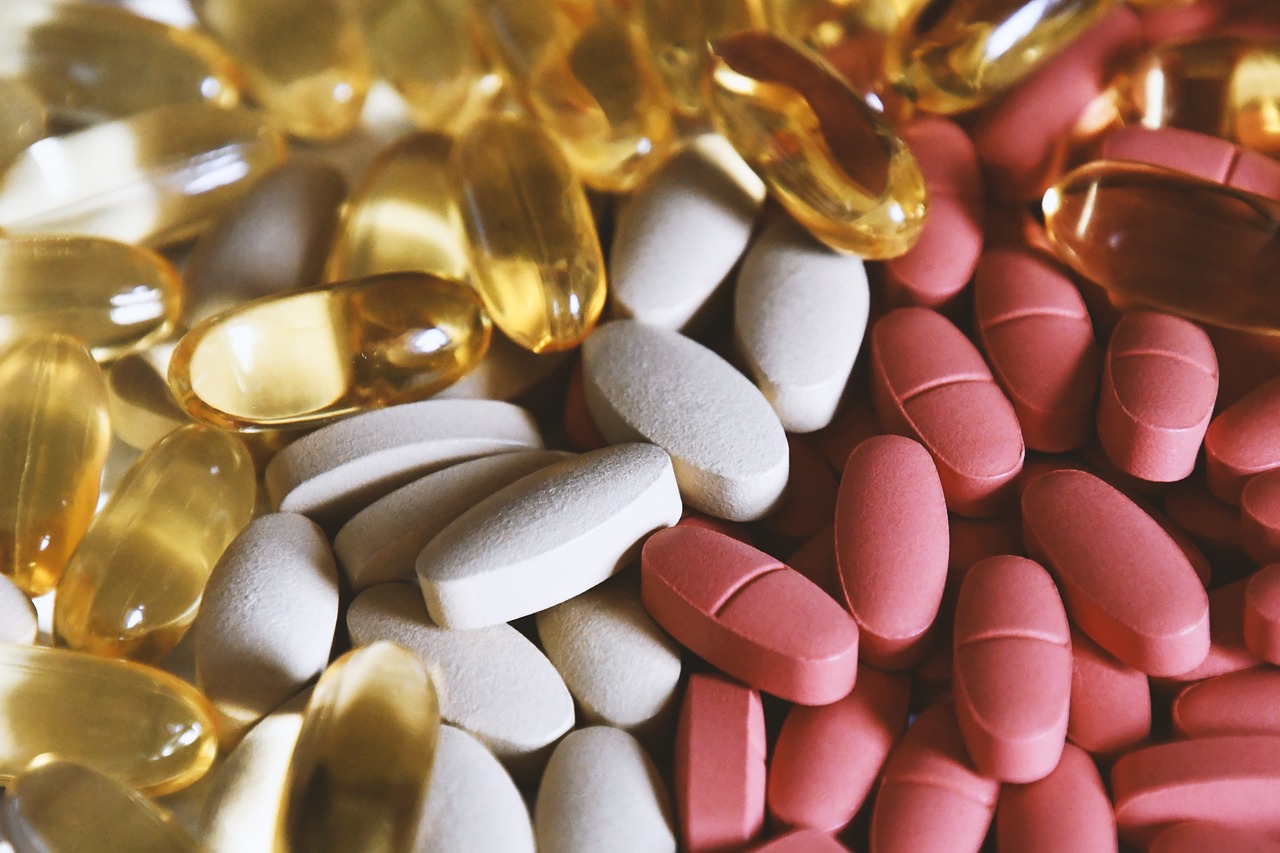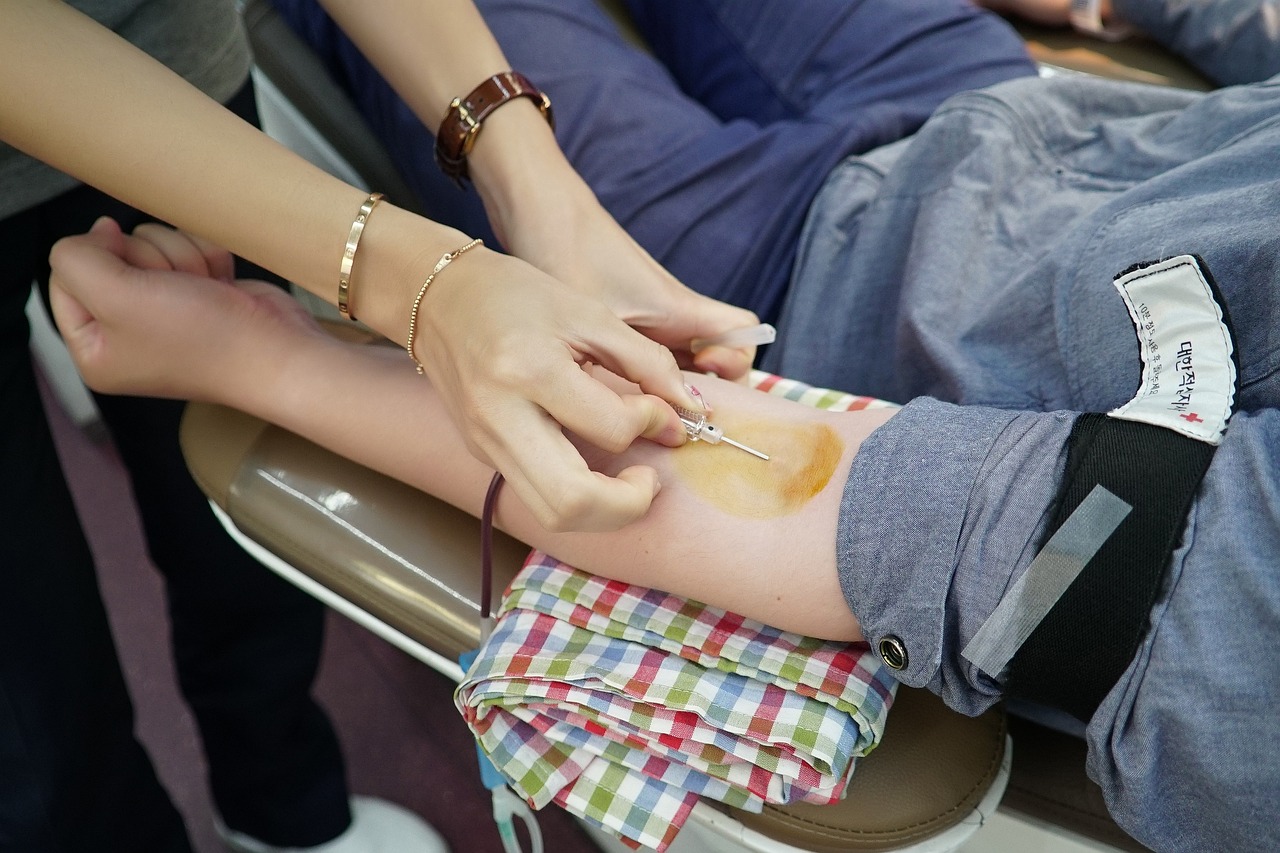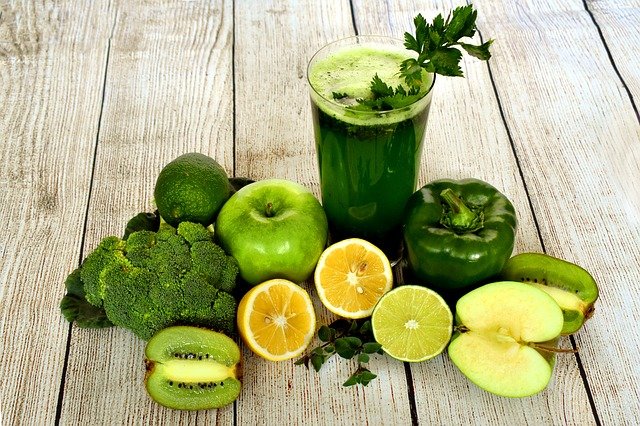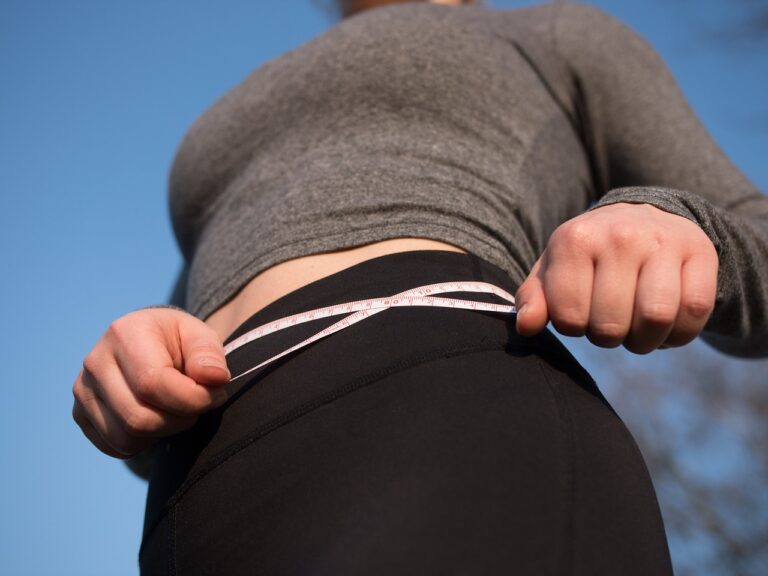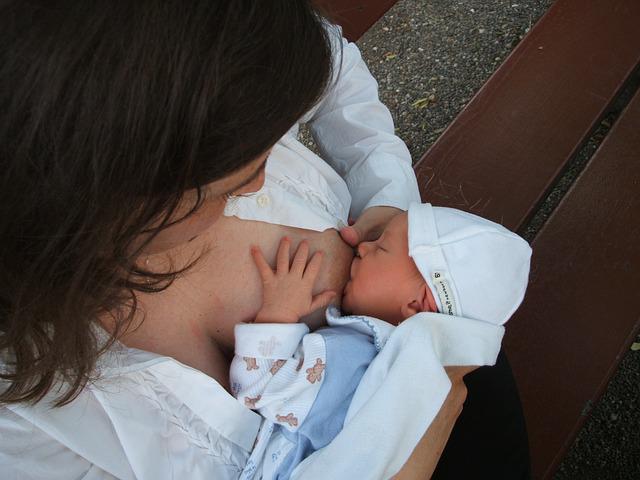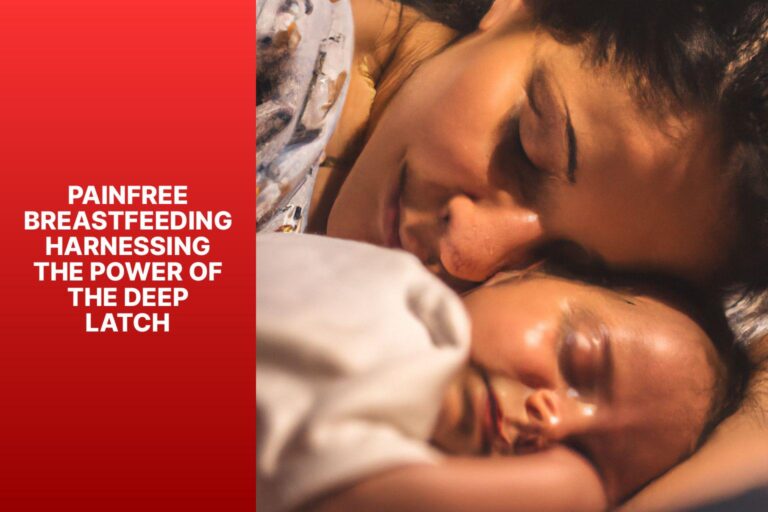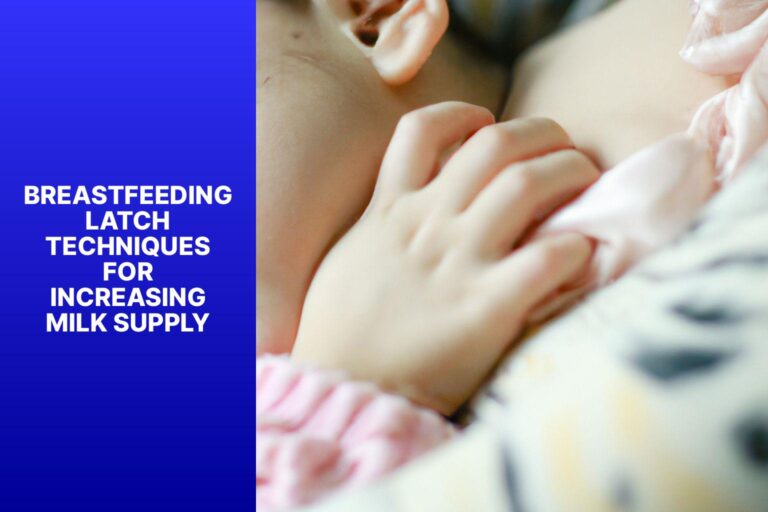Can You Take Biotin While Breastfeeding? Vitamins For Hair
Biotin, a water-soluble B-vitamin, is gaining attention for its potential benefits in promoting healthy hair, skin, and nails. However, if you’re a breastfeeding mother, you might wonder whether it’s safe to consume biotin supplements while nursing your baby. In this article, we’ll delve into the world of biotin, its effects on hair health, its safety during breastfeeding, and other essential considerations for new moms.
Skip To The Following Sections
- What is Biotin?
- What Does Biotin Support?
- Biotin and Hair Health
- Risks of Biotin
- Is Biotin Safe to Consume While Breastfeeding?
- Nutritional Needs During Breastfeeding
- Should You Take Vitamins While Breastfeeding?
- Which Vitamins and Supplements are Safe to Take While Breastfeeding?
- Other Vitamins and Supplements to Avoid While Breastfeeding
- Impact of Hormonal Changes on Hair Health
- Can You Stop Postpartum Hair Loss?
- Are There Any Other Ways to Help Postpartum Hair Loss?
- Lifestyle and Hair Care Tips
- FAQ’s
What is Biotin?
Biotin, also known as vitamin B7 or vitamin H, is a vital water-soluble B-vitamin that plays a crucial role in the body’s metabolism of carbohydrates, fats, and amino acids. This essential nutrient acts as a coenzyme, facilitating various biochemical reactions that contribute to the conversion of nutrients into energy.
Biotin is recognized for its significant impact on the health of skin, hair, and nails. It supports the synthesis of keratin, a protein fundamental to the structure of hair and nails. For pregnant and breastfeeding women, biotin is especially relevant, as it’s part of the B-complex vitamins that are important for the well-being of both the mother and the developing baby.
While biotin deficiency is rare, it can lead to various issues such as brittle nails, dry skin, and even hair loss. Adequate biotin intake is crucial during the postpartum period when hair health might be a concern for many women. Incorporating biotin-rich foods like egg yolks, sweet potatoes, and whole grains can contribute to maintaining healthy hair.
Ultimately, biotin plays a key role in supporting a woman’s body through the unique phases of pregnancy and breastfeeding, aiding in the maintenance of healthy hair, skin, and nails. Always consult your healthcare provider before introducing any new supplements into your routine to ensure you’re meeting your individual nutritional needs.
What Does Biotin Support?
Biotin, a vital B-vitamin within the water-soluble family, serves as a cornerstone for various essential functions within the body. While its role in the metabolism of carbohydrates, fats, and amino acids is well-known, biotin’s significance extends beyond mere energy production. This nutrient plays a pivotal role in supporting the health of skin, hair, and nails, making it a crucial element for overall well-being.
In the context of pregnancy and breastfeeding, biotin becomes even more pertinent. For expectant and breastfeeding mothers, biotin aids in maintaining healthy hair follicles, contributing to thicker hair and stronger nails. As the body undergoes significant changes during these phases, biotin helps combat common concerns like brittle nails and dull skin, offering a potential solution for postpartum hair loss.
The synthesis of keratin, a structural protein vital for hair and nails, relies on biotin. This makes biotin-rich foods, such as egg yolks, whole grains, and sweet potatoes, valuable additions to a breastfeeding mother’s diet. While biotin is often associated with beauty supplements, its importance goes beyond appearances. It supports the body’s intricate mechanisms, highlighting the interconnected nature of essential nutrients, and particularly underscores its role as a key component of a balanced diet during the breastfeeding journey.
Biotin and Hair Health
Biotin’s impact on hair health has captured significant attention, especially among new mothers navigating postpartum changes. This water-soluble B-vitamin operates as more than just a superficial solution; it holds a fundamental role in maintaining strong and vibrant hair. By influencing the synthesis of keratin, the structural protein foundational to hair composition, biotin plays a critical role in promoting hair growth and texture.
For breastfeeding moms, who might experience shifts in hormonal levels and potential hair concerns during the postpartum period, biotin’s benefits can provide reassurance. While biotin deficiency is rare, ensuring an adequate intake can bolster hair health and mitigate issues like hair thinning and breakage. Adding biotin-rich foods or supplements can contribute to achieving a lustrous hair texture and combating the effects of hormonal fluctuations that often accompany the postpartum journey.
The potential of biotin to improve hair health offers a ray of hope for those experiencing changes in hair texture and thickness. As an integral component of the B-vitamin family, biotin’s synergy with other essential nutrients like vitamin D, vitamin E, and amino acids emphasizes the interconnectedness of optimal hair health. Incorporating biotin into your nutritional routine, whether through diet or supplementation, may prove to be a valuable strategy for nurturing and maintaining vibrant, healthy hair, particularly during phases of hormonal adjustment like pregnancy and breastfeeding.
Risks of Biotin
While biotin offers potential benefits, it’s important to be aware of potential risks and considerations before incorporating it into your routine. Here are key points to keep in mind:
- Lab Test Interference: High doses of biotin can interfere with certain laboratory tests, leading to inaccurate results. This can affect tests related to hormones, thyroid function, and cardiac biomarkers. If you’re undergoing medical tests, it’s advisable to inform your healthcare provider about your biotin intake.
- Excessive Consumption: Like any nutrient, excessive consumption of biotin should be avoided. Extremely high levels of biotin can have adverse effects on health, potentially impacting the nervous system and skin health. Sticking to recommended dosages is crucial to prevent unintended consequences.
- Consult a Healthcare Professional: Before starting a biotin supplement regimen, consult your healthcare provider, especially if you’re breastfeeding. They can offer personalized advice based on your individual health status and nutritional needs.
- Balance with Other Nutrients: Biotin is part of a complex network of nutrients. It’s essential to maintain a balanced intake of other vitamins and minerals alongside biotin to ensure overall well-being.
Understanding these risks can help you make informed decisions about biotin supplementation, ensuring that you receive its potential benefits without compromising your health.
Is Biotin Safe to Consume While Breastfeeding?
For breastfeeding mothers considering biotin supplementation, navigating its safety is crucial. Here’s what you need to know:
Biotin is generally regarded as safe for breastfeeding women when taken within recommended doses. Since it’s water-soluble, excess biotin is eliminated through urine, minimizing the risk of accumulation in the body. The recommended dietary allowance (RDA) for biotin is around 35 micrograms (mcg) per day for adults, which is well within safe limits for most individuals.
Consulting your healthcare provider before introducing biotin supplements is advisable, as they can assess your specific needs and potential interactions. While there’s limited evidence regarding the direct effects of biotin on breast milk, maintaining a balanced diet rich in essential nutrients remains paramount for both maternal health and optimal milk production. By approaching biotin consumption with care and expert guidance, you can confidently make choices that support your well-being as a breastfeeding mother.
Nutritional Needs During Breastfeeding
Meeting your nutritional needs is paramount during the breastfeeding journey. Here are key aspects to consider:
- Balanced Diet: A well-rounded diet rich in essential nutrients supports both your health and your baby’s development. Focus on consuming a variety of nutrient-dense foods, including whole grains, lean proteins, fruits, vegetables, and healthy fats.
- Hydration: Adequate fluid intake is crucial for maintaining milk supply and overall well-being. Aim for at least 8-10 glasses of water per day, adjusting based on your activity level and climate.
- Vitamins and Minerals: Pay attention to essential vitamins like vitamin D, which supports bone health, and iron, vital for energy and red blood cell production. Minerals like calcium, zinc, and omega-3 fatty acids also contribute to your and your baby’s health.
- Caloric Intake: While you’ll require extra calories to support milk production, focus on quality over quantity. Aim for nutrient-dense calories from whole foods to provide the necessary energy.
Should You Take Vitamins While Breastfeeding?
Considering vitamin supplementation during breastfeeding is a thoughtful choice to support your well-being and your baby’s growth. Here’s what to consider:
- Individual Needs: Your nutritional requirements may vary based on factors such as diet, health status, and any underlying conditions. Assessing your specific needs can help determine whether vitamin supplementation is necessary.
- Consult a Professional: Consulting a healthcare provider or a registered dietitian is invaluable. They can guide you through the decision-making process, recommending suitable vitamins and dosages based on your unique circumstances.
Ultimately, the decision to take vitamins while breastfeeding should be well-informed and personalized. Prioritize expert advice and consider factors such as your diet, health goals, and your baby’s needs to make the best choice for both of you.
Which Vitamins and Supplements are Safe to Take While Breastfeeding?
Certain vitamins and supplements can play a crucial role in maintaining your health and supporting your baby’s growth during breastfeeding. Here are key options to consider:
- Vitamin D: Essential for bone health and immune function, vitamin D is particularly important as it might be challenging to obtain adequate levels from sunlight alone.
- Omega-3 Fatty Acids: These fats contribute to brain development and overall health. Including sources like fish oil or algae-based supplements can be beneficial.
- Iron: Supporting energy levels and preventing anemia, iron is vital, especially if your levels were low during pregnancy.
- Calcium: Important for bone health, calcium intake remains relevant, particularly if your diet doesn’t provide sufficient amounts.
- Folic Acid: While prenatal supplements usually contain folic acid, its support for cell division and growth makes it relevant during breastfeeding as well.
- Vitamin B12: Contributing to energy production and nerve health, vitamin B12 might be of interest, especially for vegetarians or vegans.
Other Vitamins and Supplements to Avoid While Breastfeeding
While certain vitamins and supplements are beneficial, it’s equally important to be aware of those that might pose risks or be unnecessary during breastfeeding. Here are some to consider:
- Vitamin A: High doses of vitamin A can be harmful to your baby’s development and health. It’s best to avoid supplements that contain excessive amounts of this fat-soluble vitamin.
- Herbal Supplements: Some herbal supplements lack sufficient safety data during breastfeeding and could potentially impact milk supply or your baby’s well-being. Approach these with caution.
- Excessive Multivitamins: Taking multiple supplements might lead to excessive intake of certain nutrients, which can be harmful. Stick to what your healthcare provider recommends.
- High-Dose Individual Nutrients: Like vitamin A, other fat-soluble vitamins (such as vitamin E) should be taken with caution. High doses might exceed your baby’s needs.
Impact of Hormonal Changes on Hair Health
Hormonal fluctuations, particularly during pregnancy and the postpartum period, can significantly influence the health of your hair. These changes are characterized by shifts in estrogen and progesterone levels, which in turn impact hair growth cycles. While some women experience thicker hair during pregnancy due to prolonged growth phases, the subsequent drop in hormones after childbirth can trigger shedding, leading to postpartum hair loss.
These hormonal transitions can also affect the texture and appearance of hair. For instance, the increase in estrogen during pregnancy might lead to thicker, shinier hair, while the decrease postpartum could result in hair feeling dull and more prone to breakage. Understanding these dynamics can help manage expectations and guide strategies to support hair health during these phases.
Can You Stop Postpartum Hair Loss?
Postpartum hair loss is a common concern for new mothers. While biotin might help improve hair health, it might not completely prevent postpartum hair loss. Hormonal changes and genetics also play significant roles in this process.
Are There Any Other Ways to Help Postpartum Hair Loss?
Beyond biotin supplementation, several strategies can be employed to address postpartum hair loss and support healthier hair growth:
- Nutrient-Rich Diet: Consuming foods rich in vitamins and minerals like iron, zinc, and omega-3 fatty acids can fortify hair health from within.
- Stress Management: Incorporating stress-reduction techniques like meditation, yoga, or mindfulness can positively influence hormonal balance, potentially mitigating hair loss.
- Gentle Hair Care: Using mild shampoos, avoiding excessive heat styling, and minimizing tight hairstyles can prevent unnecessary stress on fragile postpartum hair.
- Scalp Massage: Gentle scalp massages can improve blood circulation to hair follicles, supporting better nutrient delivery and hair growth.
- Hydration: Staying adequately hydrated promotes overall health, including hair health. Drinking sufficient water is beneficial.
- Professional Advice: Consulting a dermatologist or healthcare provider can help identify any underlying issues contributing to hair loss and determine appropriate solutions.
- Patience: Recognizing that postpartum hair loss is often temporary and part of the natural hair growth cycle can reduce anxiety and stress related to the issue.
Combining these practices with biotin supplementation can create a comprehensive approach to managing postpartum hair loss, supporting your hair’s resilience and vitality during this phase.
Lifestyle and Hair Care Tips
Incorporating a healthy lifestyle, staying hydrated, managing stress, and avoiding harsh hair treatments can all contribute to maintaining optimal hair health. Maintaining vibrant hair health postpartum involves a combination of lifestyle choices and effective hair care practices. Here are essential tips to consider:
Silk Pillowcases: Sleeping on silk pillowcases reduces friction, helping to prevent hair breakage and tangling during the night.
FAQ’s
Can You Take Collagen While Breastfeeding?
Collagen supplements are generally considered safe during breastfeeding, but consulting a healthcare professional is recommended.
How Much Biotin is Safe During Breastfeeding?
The recommended daily intake of biotin for breastfeeding women is typically around 35 micrograms (mcg). Exceeding this amount should be done under medical supervision.
What Vitamins Affect Breast Milk?
Vitamins like vitamin D, vitamin B12, and iodine can impact the nutrient content of breast milk. Ensuring adequate intake of these vitamins is important for both the mother and baby.
Does Biotin Help Postpartum Hair Loss?
Biotin supplementation might improve hair health, but its effectiveness in preventing or treating postpartum hair loss varies from person to person.
In conclusion, while biotin has shown promise in promoting hair health, its safety during breastfeeding requires careful consideration. Prioritize a well-rounded diet, consult a healthcare professional, and embrace a holistic approach to maintaining hair health postpartum.

